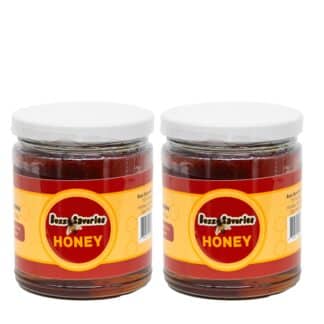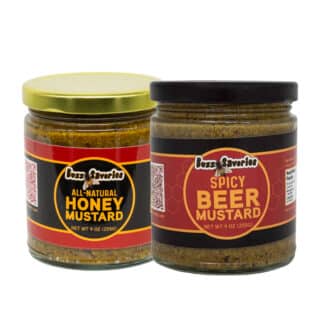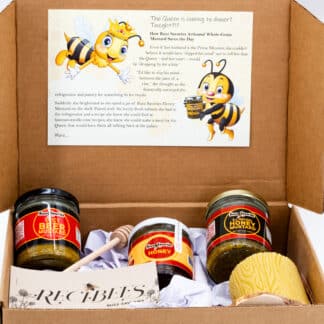Are you getting real honey?
According to the Codex Alimentarius (1981), the internationally accepted standard for foods, honey is the natural sweet substance produced by honeybees from the nectar of plants, which bees collect and then transform with specific substances of their own bodies. The resulting product is then deposited, dehydrated and stored in the honeycomb by the bees to ripen and mature. The transformation of nectar into honey must be completely made by bees.
The Codex states that honey sold as such should not have any objectional matter, flavors, aroma, or taint, and that no pollen may be removed. It also rules out any addition to the honey, such as water, pollen, enzymes or any treatment intended to change honey’s essential composition or alter quality.
Pseudo Honey
Honey, alongside milk, milk products and olive oil, are the top three foods often fraudulently tainted by cheap substitutes. Pseudo honey, for example, has been mixed with less expensive sweeteners such as corn syrup, cane syrup or sugar. So, buyer beware. If the product labeled “Honey” costs substantially less than a local honey, it may be mixed with a lower-quality sweetener and won’t have the nutritional properties or the flavor of a 100% real honey.
One way to know for sure: buy your honey from a trusted source — Buzz Savories.
-

All-Natural & Local Honey
$25.00 Add to cart -

Mix & Match Sets
$25.00 Select options This product has multiple variants. The options may be chosen on the product page -

Spicy and Sweet Gift Set
$55.00 Add to cart
